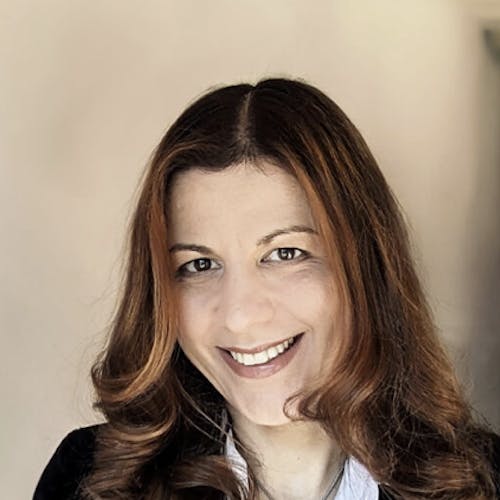U. students share personal experiences, perspectives on Nagorno-Karabakh invasion

The Daily Targum recently sat down with Azeri and Armenian students at the University to discuss the violence in the politically disputed territory of Nagorno-Karabakh, located between Azerbaijan and Armenia.
Conflict in Nagorno-Karabakh can be traced back to the collapse of the Soviet Union. Prior to the fall of the Soviet Union, Soviet leadership designated Nagorno-Karabakh as part of Azerbaijan, though Armenians predominantly inhabited the area. When Azerbaijan and Armenia became independent countries, their populations in Nagorno-Karabakh fought to control the region.
Emin Bayramli, a School of Arts and Sciences senior of Azeri descent, said the situation in the region is complex, as during the 1990s, millions of Azeris, including his family, were expelled from Nagorno-Karabakh by Armenian forces while other nations did not intervene.
"That's the reason why this conflict is so violent," Bayramli said. "Because so many people's rights were getting kicked out, their rights were getting tumbled by their own government."
Historical violence in the region largely came to an end when Russia facilitated the creation of a ceasefire in 1994, with bouts of armed conflict occurring periodically afterward. In December 2022, Azerbaijan blocked the Lachin Corridor into Nagorno-Karabakh, violating the ceasefire.
Bayramli said ceasefires are largely ineffective, as they simply serve as break periods in which parties can strategize and potentially arm themselves.
Warfare and deaths in the region rose at the end of September when Azerbaijan re-entered the area with the support of Turkish armed forces, according to the Associated Press.
Ani Kelly, a Rutgers School of Nursing junior and member of the Rutgers Armenian Students Association, said that while her family exited Armenia during the Armenian Genocide in the early 1900s, she has memories of visiting Nagorno-Karabakh and has friends who have lost relatives in the region.
Kelly said Turkey's recent, energized involvement in the region was expected given its historic alliance with Azerbaijan. She said actions such as the closure of the Lachin Corridor resulted in humanitarian aid being cut off from Nagorno-Karabakh residents.
"It was scary because that region is so sacred to us, and because Armenia as a country is so small and we have such little support from the international community that we didn't know what to expect," Kelly said. "The ethnic cleansing started way prior to the military invasion, but I think the overall (reaction) was just fear and hopelessness and suspense to seeing what was going to happen."
Bayramli also said it is wrong to remove Armenians living in Nagorno-Karabakh from their home or block them from receiving aid. He said the Turkish government has few allies and exercises control over whatever areas it can.
While discussing governmental corruption, Bayramli said Azerbaijan was among the most undemocratic nations in the world. He said that the government exploits the natural resources of Nagorno-Karabakh and robs Azerbaijani refugees of aid.
"Azerbaijan is going around slapping people in their face, slapping democracies in their face," Bayramli said. "They're starting with civil society (by) not giving rights to its own people, (it) doesn't matter where they're from ... And then they go around and say that they're in a tough neighborhood, (when they) are the tough neighborhood."
The Armenian government has classified Azerbaijan's recent actions in the region as ethnic cleansing. By the end of September, Armenia reported that more than 100,000 Armenians had been expelled from the region.
Vachagan Melikian, a School of Arts and Sciences sophomore and member of the Armenian Students Association said he has no family residing in the region, but they see the impact of the conflict through frequent mass protests in Armenia's capital, Yerevan.
Azerbaijan and Armenia agreed to another ceasefire in September in exchange for the region being relinquished to Azerbaijan. Russia facilitated the process and will retain a presence in the region until.
Both Melikian and Kelly said it would have made a difference if Rutgers had issued a statement as they had done for the Israel-Hamas war, especially given the large Armenian population in New Jersey. Both also said individuals should educate themselves about the conflict and donate to regional humanitarian aid programs.
"Know who the aggressor is — it's Azerbaijan (and) Turkey," Kelly said. "We need aid, we need your support and we need you to educate yourself."



